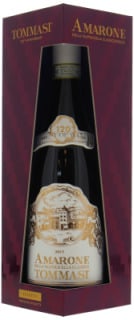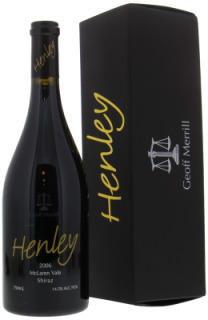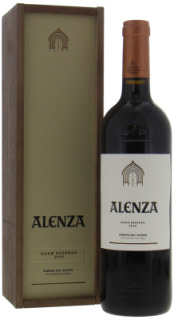Flor de Pingus 2008 Pingus
| Classification | |
| Type | Rouge |
| Marque | Pingus |
| Millésime | 2008 |
| Pays | Espagne |
| Région | Ribera del Duero |
| Raisin | Tempranillo |
| Volume | |
| État | Extrait de son coffret en bois d'origine |
| Étiquette | Parfait |
| Consommable | -2020 |
| Stock | 0 |
Avis professionnels
Robert Parker (96)
The 2008 Flor de Pingus had been in bottle for 2 weeks when I tasted it. It offers up an enticing nose of smoke, Asian spices, incense, espresso, black cherry, and blackberry. On the palate it displays outstanding volume, intensity, and balance. Rich, dense, and succulent, it has enough structure to evolve for 4-5 years and will offer prime drinking from 2015 to 2028.
Dominio de Pingus is located in the La Horra region of Ribera del Duero. Owner/winemaker, Peter Sisseck, an oenologist originally from Denmark, started the estate in 1995. There are currently 3 wines produced, Flor de Pingus, a single barrel cuvee called Amelia which began in 2003, and the flagship Pingus. In a normal vintage there are usually about 4000 cases of Flor de Pingus, 500 cases of Pingus, and 25 cases of Amelia. Flor de Pingus is sourced from a number of small parcels located in the La Horra zone. The vines are all over 35 years of age and have been farmed biodynamically since 2005.They are either owned or rented by Peter Sisseck, so Flor de Pingus always comes from the same pieces of ground. In that sense it is not a second wine but there is no question that is a very close approximation of Pingus at a fraction of the price. That makes it a relative bargain in the scheme of things. The wine is 100% Tempranillo typically aged for 14 months in new French barriques. The first vintage of Pingus was in 1995. The estate has been biodynamically farmed since 2000 and, according to Sisseck, has never been treated with fertilizer or pesticides. The Pingus vines are all at least 65 years of age and yields are typically under 1 ton per acre. The wines, made from 100% Tempranillo, are bottled without fining or filtration.
Jancis Robinson (17)
Barrel sample. Evidence of the 60% new oak in the sweet toasty oak aromas. Bright dark fruit, sweet but not overripe damson, quite dense, and very fine-grained tannins - silky but you can still feel the grain at this stage. Fresh acidity - cooler vintage.






















